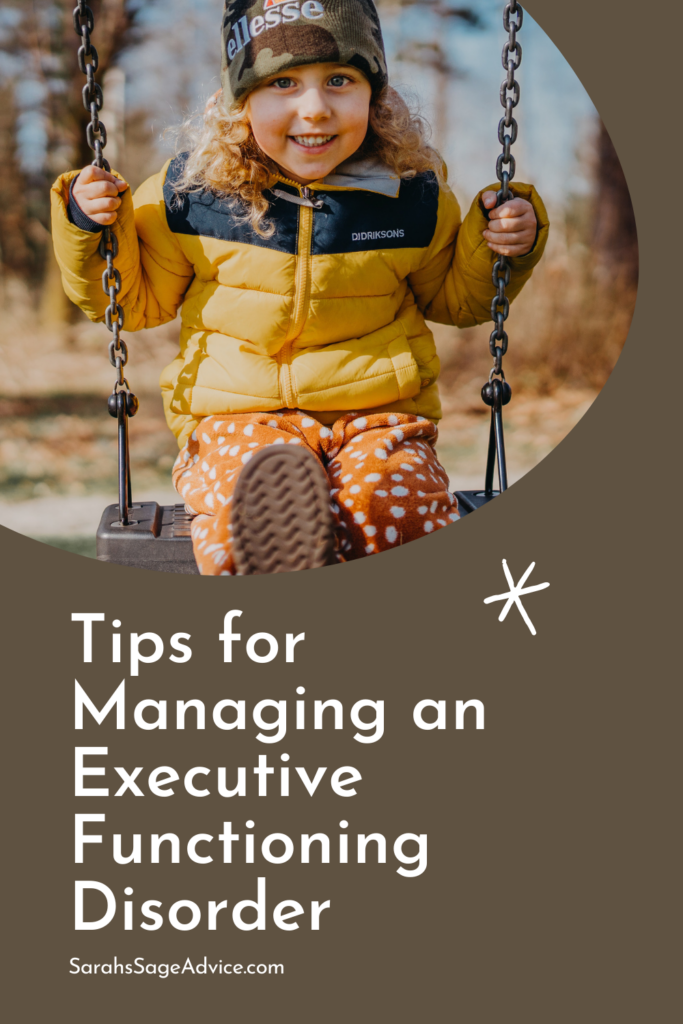General life skills and tasks can be hard to start and complete when you have an executive functioning disorder. Executive function is a set of skills that includes flexible thinking, self-control, and working memory. These skills are used daily to learn, work, and manage daily life. When you have an executive functioning disorder it can be hard to focus, follow directions, handle emotions, and manage complicated tasks.
Executive function helps you manage time, pay attention, switch focus, plan and organize, remember details, avoid saying or doing the wrong thing, do things based on your experience, and multitask.
Who may have executive functioning difficulties?
There are many reasons someone may have difficulties with executive functioning they include having ADHD, being autistic, depression, learning disabilities, even stroke and Alzheimer’s.
How do I manage my executive functioning disorder?
- Take a step-by-step approach to work.
- When you’re trying to complete a task write down steps that it will take to complete the task and follow those steps.
- Rely on visual aids to get organized
- This can be creating pictures of items that go in certain boxes. Putting the pictures on the front so it’s easy for you to correlate where things need to go.
- Use tools like time organizers, computers, watches or alarms.
- Make schedules.
- Ask for written instructions whenever possible.
- Having instructions in writing is great so you can refer back to it as you’re completing the task.
- Break up tasks and assignments into chunks.
- Organize your time with time blocks.
- Use calendars to track appointments, tasks, classes, etc.
- Cut clutter
- Take notes
If you are the family member, parent, spouse, grandparent, of anyone with an executive functioning disorder learn how you can help them complete tasks. As a parent this can mean not simply asking your child to clean their room, give them steps on what needs to be done. It can be hard with a daunting task of a messy room to know where to start, then what to do next. Give a complete list of what you need them to do (pick up toys and put them in their box, put dirty dishes in the kitchen, pick up trash, throw trash in household trash can, throw dirty clothes in the laundry, dust shelves, etc)
Help your child keep organized on homework, due dates, and teach them how schedules and calendars will help them. If you can help them become accustomed to these organizational steps as children, it’ll help them immensely to stay organized and successful as adults independently.
Do you have ADHD? Are you Autistic? Do you have an executive functioning disorder? What has helped you in the past?
Sarah
Similar Posts:
39 Life Skills Every Child Should Know Before They Turn 18
Common Misconceptions About Autism
Autism Spectrum Disorder: Discipline Methods That Don’t Work For Us


